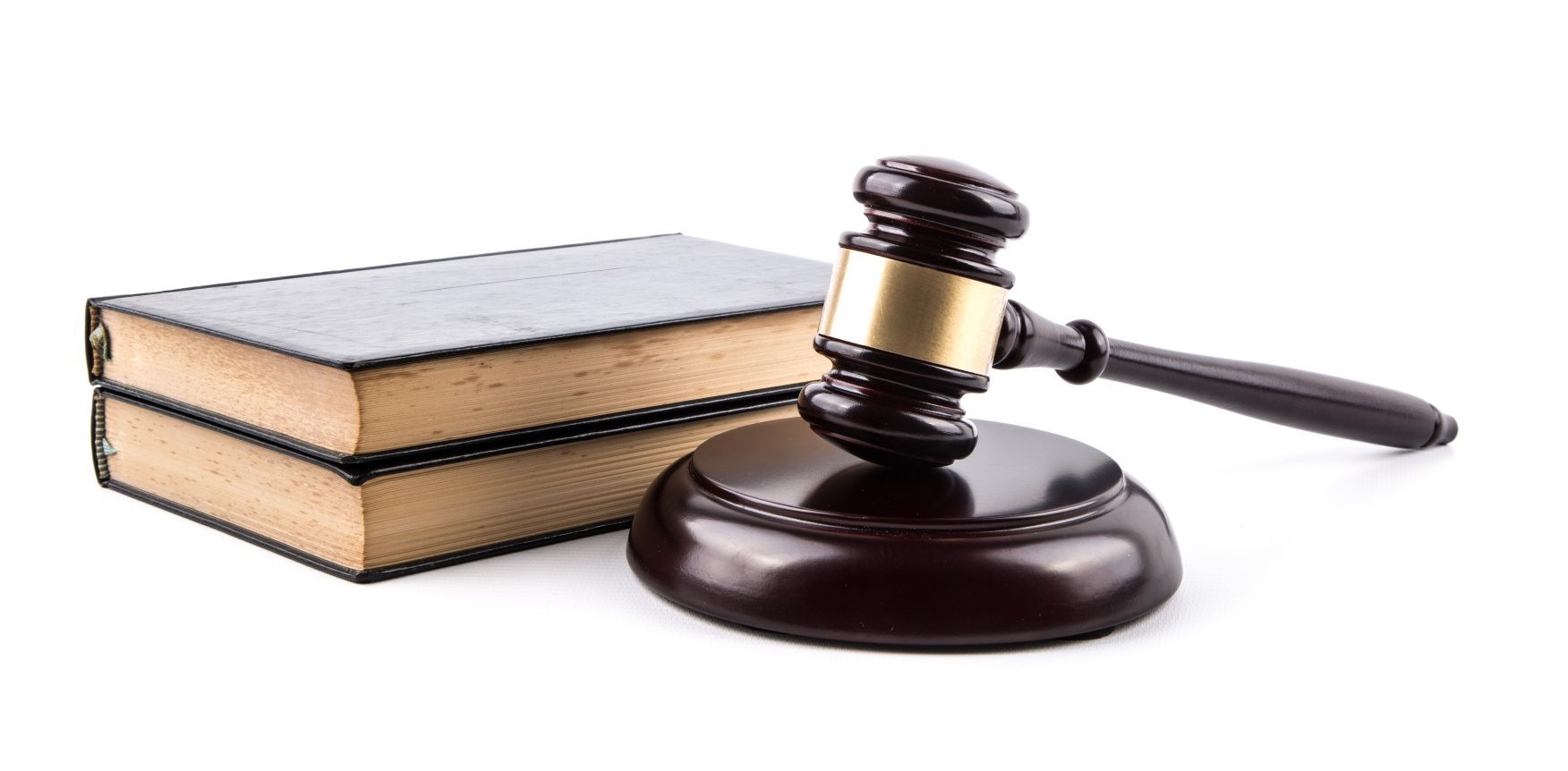
1. First Appearance
2. Disclosure Review
Before entering a plea of guilty or not guilty we attempt to obtain all evidence that is relevant to your case. The Prosecutor is required to provide evidence and other material that is relevant to your case. Before any actions are taken in Court we will review pertinent disclosure and provide you with an initial opinion on possible avenues that can be followed in dealing with your case. You will be required to provide a retainer for the disclosure review and Court appearances that occur while waiting for full disclosure.
3. Plea or Election
After reviewing your disclosure, if you’re case is a summary matter, we will enter a plea of guilty or not guilty. If your case is indictable you might be entitled to a Preliminary Hearing and your lawyer will tell the Judge whether you want to have a Judge and Jury or just a Judge alone. This is called an election. It is important that a plea or election only be entered after all disclosure has been received so as to ensure that the appropriate actions are taken in defending you against the charges.
4. Preliminary Hearing
Not all cases have a Preliminary Hearing. Usually only more serious, or indictable, matters have Preliminary Hearings. At the Preliminary Hearing the Prosecutor (Crown) must show that there is some evidence of every element of an offence upon which a Judge or Jury might be able to convict. The Preliminary Hearing is a sort of mini-trial that only occurs for certain types of more serious cases. The Preliminary Hearing Judge decides if there is enough evidence upon which to send the case to trial.

5. Trial
Trial dates are normally set several months after your first Court appearance. At trial, the Judge considers all evidence before him (including verbal testimony from witnesses including the police). In situations where your rights have been violated, we may choose to make a Charter Application to seek the exclusion of evidence or have the charges dismissed by the Court.

6. Sentencing
If you are convicted at trial sentencing may occur the same day or another date might be set for a sentencing hearing. Appeals are possible in some cases but are dependent on the particular circumstances of your case and what occurred at trial.
7. Appeal
In some cases you might be entitled to appeal if you are convicted. An Appeal Court, which is a higher court, can look at the trial Judge’s decision. There are limits to what the Appeal Court can do. There is a time limit within which you must appeal. You must normally appeal very quickly so make sure to speak to your lawyer about the possibility of appealing right away. These rules are different in every province.


